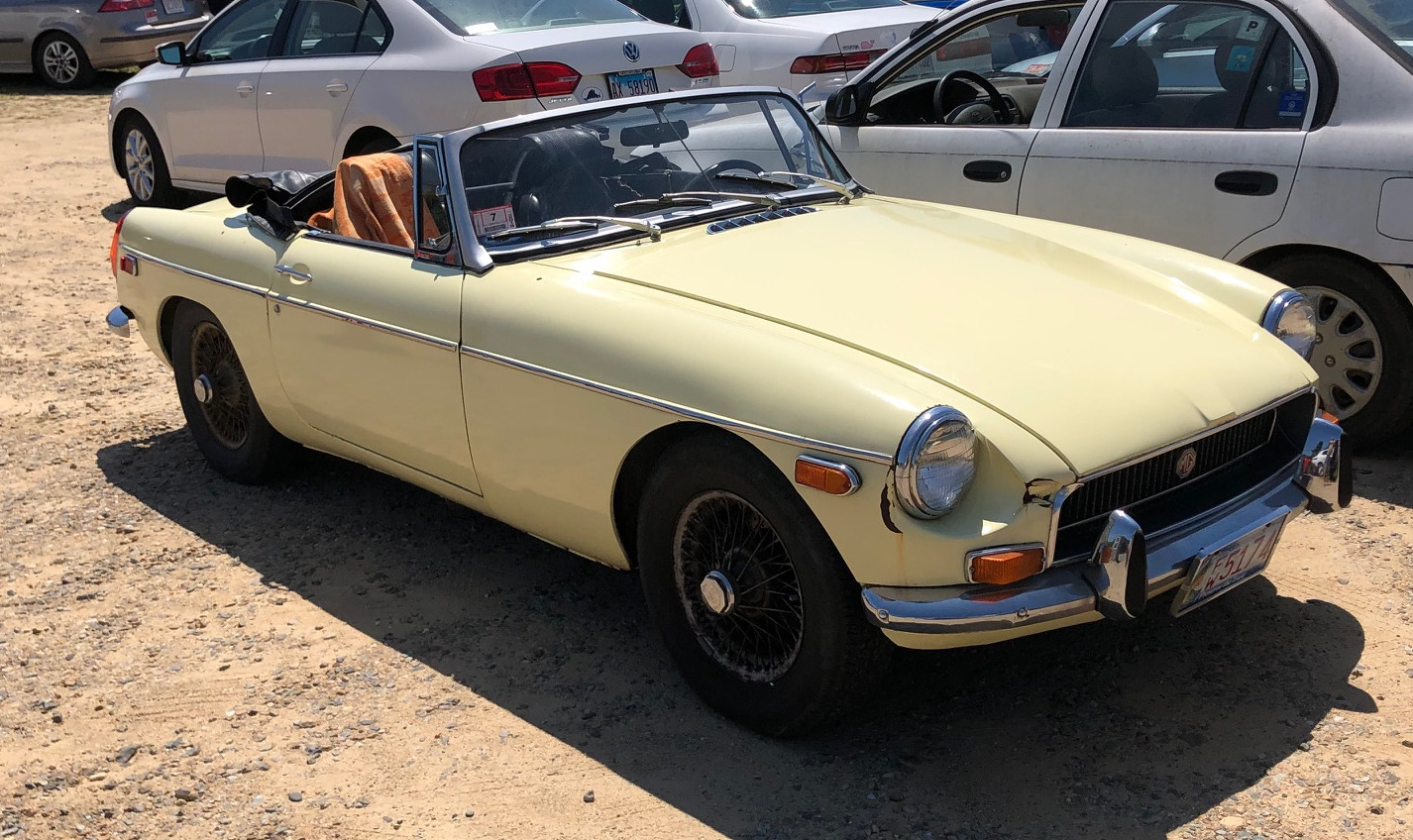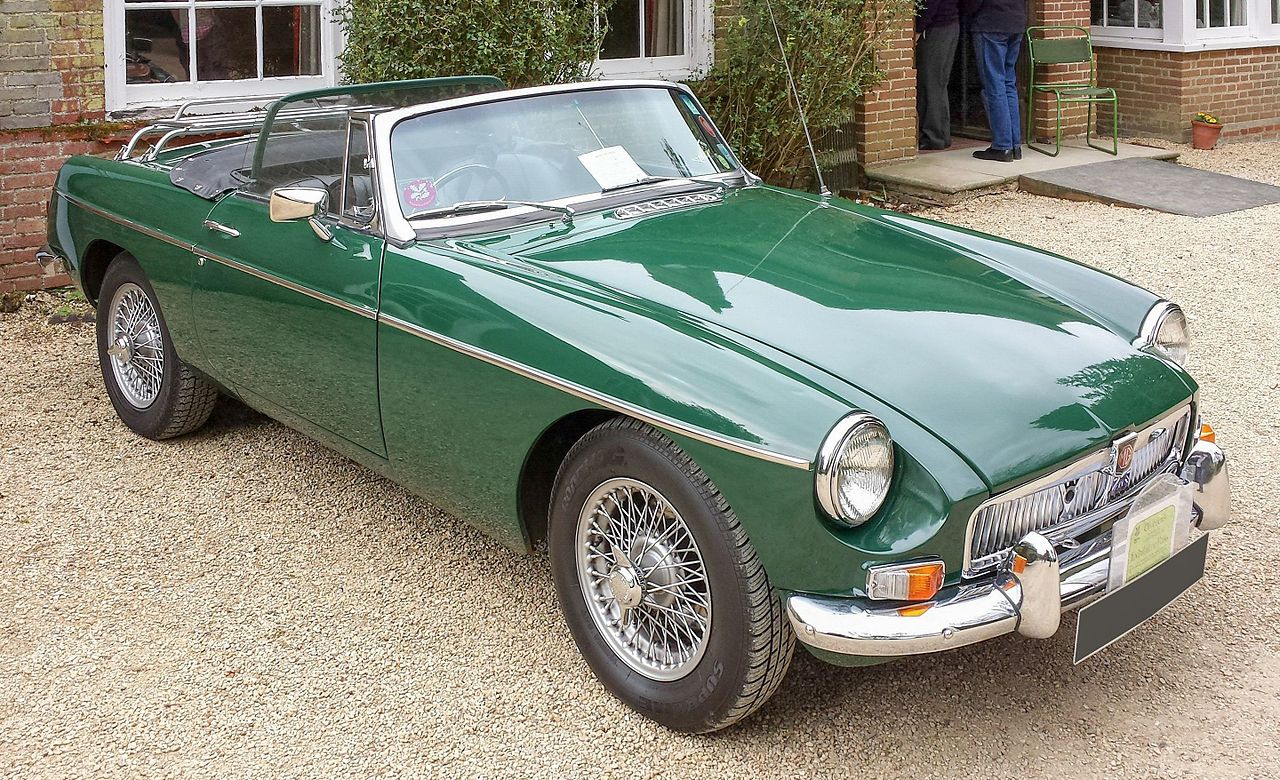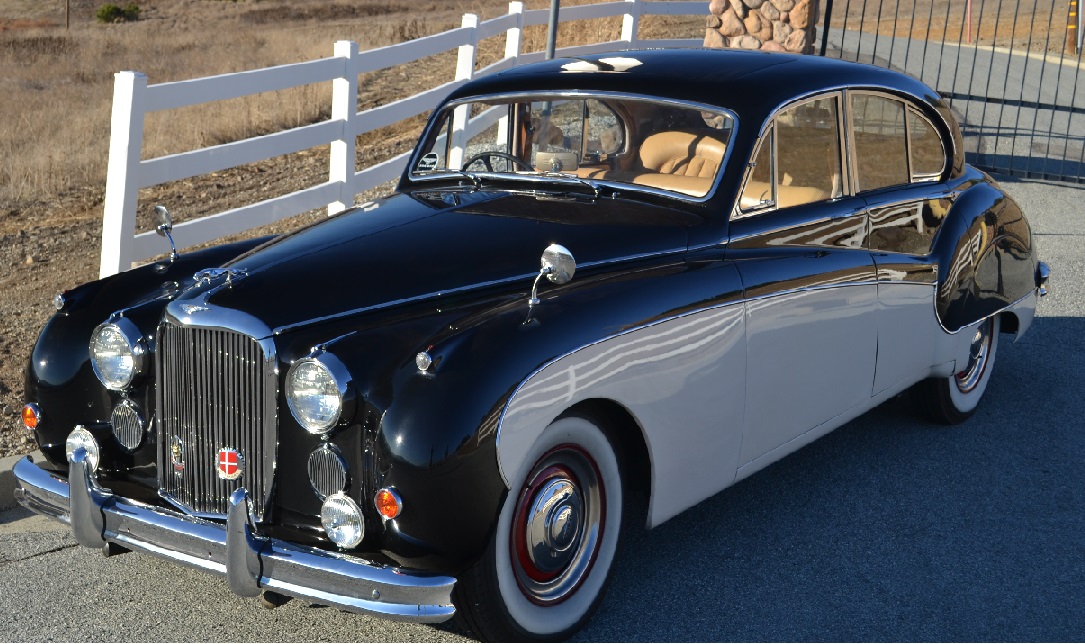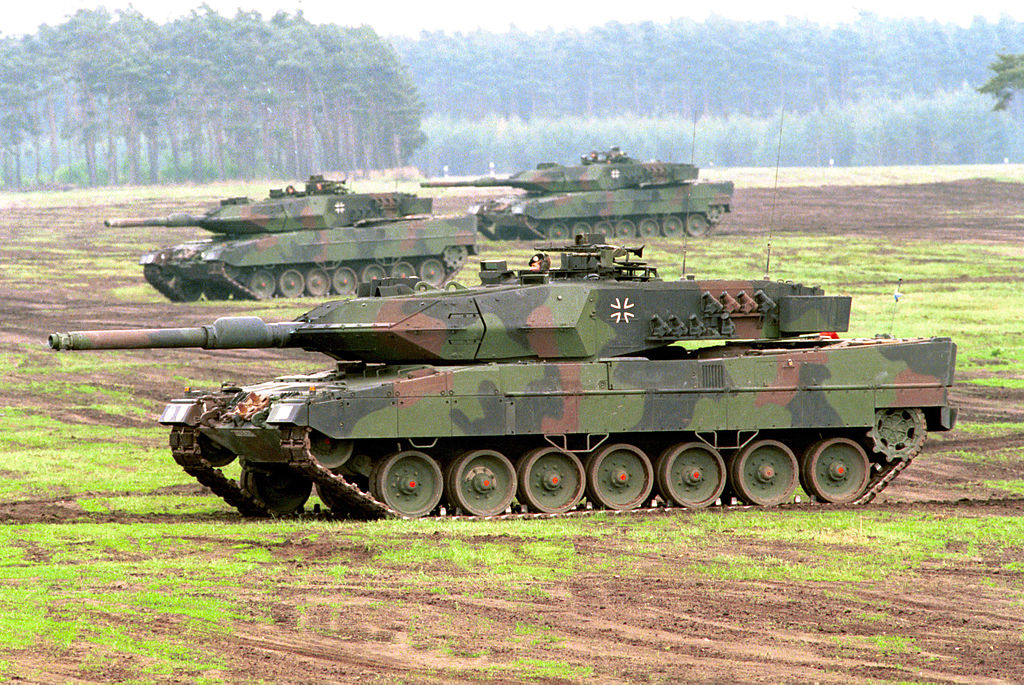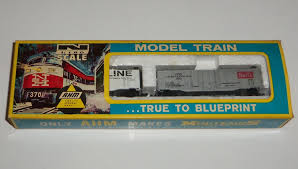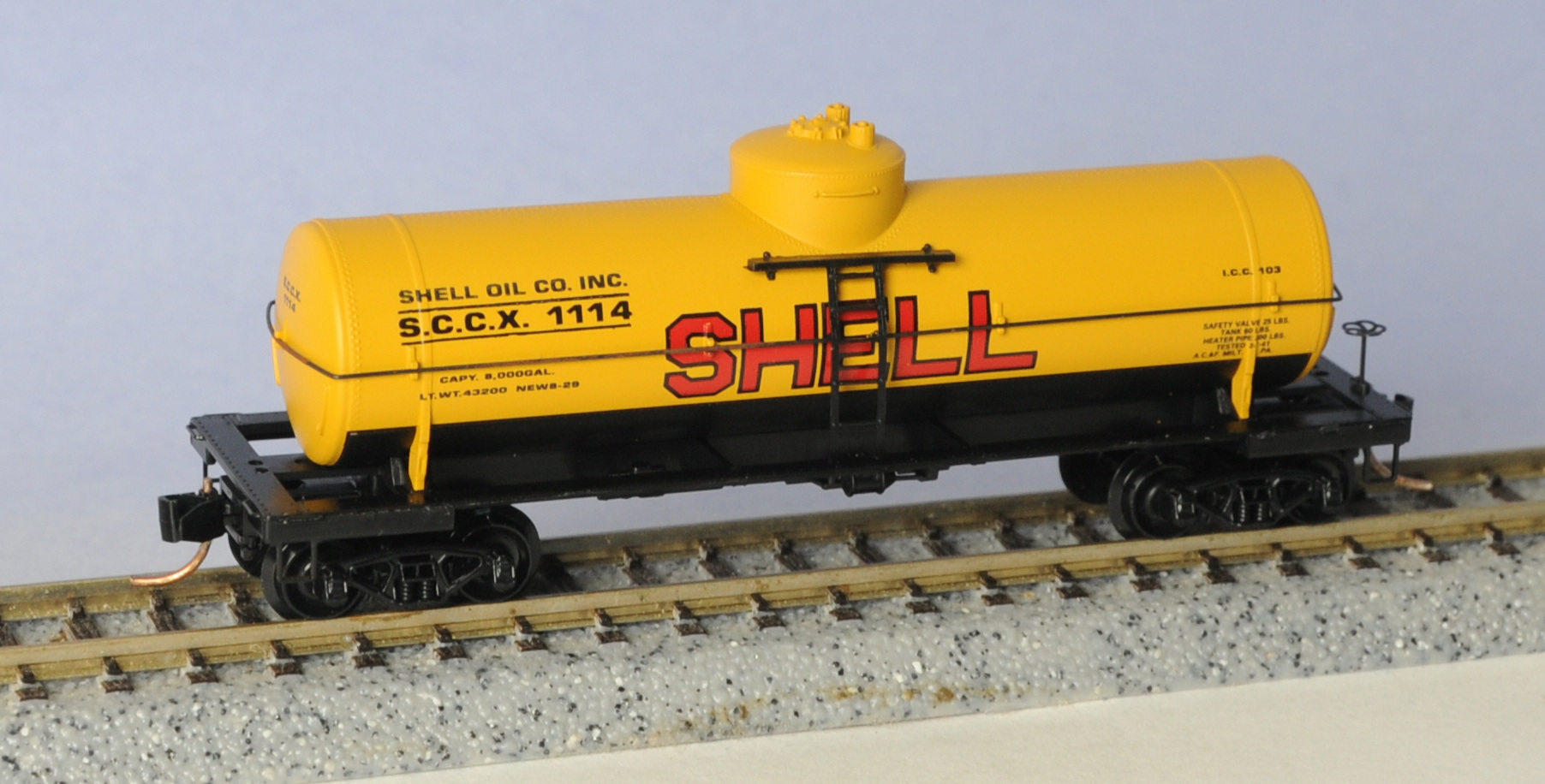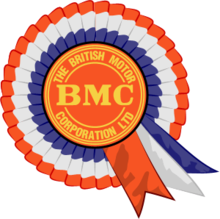History: The MGB is a two-door sports car manufactured and marketed by the British Motor Corporation (BMC), later the Austin-Morris division of British Leyland, as a four-cylinder, soft-top roadster from 1963 until 1980. Its details were first published on 19 September 1962.[3] Variants include the MGB GT three-door 2+2 coupé (1965–1980), the six-cylinder roadster and coupé MGC (1967–69), and the eight-cylinder 2+j coupé, the MGB GT V8 (1973–76).
Replacing the MGA in 1963, production of the MGB and its variants continued until 1980. Sales for the MGB, MGC and MGB GT V8 combined totaled 523,836 cars. After a 12-year hiatus, the MGB reentered production as the heavily modified MG RV8 with a limited run of 2,000 cars before finally being replaced in 1995 by the MG F.
Replacing the MGA in 1963, production of the MGB and its variants continued until 1980. Sales for the MGB, MGC and MGB GT V8 combined totaled 523,836 cars. After a 12-year hiatus, the MGB reentered production as the heavily modified MG RV8 with a limited run of 2,000 cars before finally being replaced in 1995 by the MG F.
Railroad/Company: The British Motor Corporation Limited (BMC) was a UK-based vehicle manufacturer, formed in early 1952 to give effect to an agreed merger of the Morris and Austin businesses. BMC acquired the shares in Morris Motors and the Austin Motor Company. Morris Motors, the holding company of the productive businesses of the Nuffield Organisation, owned MG, Riley, and Wolseley.
The agreed exchange of shares in Morris or Austin for shares in the new holding company, BMC, became effective in mid-April 1952. In September 1965, BMC took control of its major supplier of bodies, Pressed Steel, acquiring Jaguar's body supplier in the process. In September 1966, BMC merged with Jaguar Cars. In December 1966, BMC changed its name to British Motor Holdings Limited (BMH). BMH merged, in May 1968, with Leyland Motor Corporation Limited, which made trucks and buses and owned Standard-Triumph International Limited, BMH becoming the major part of British Leyland Motor Corporation.
The agreed exchange of shares in Morris or Austin for shares in the new holding company, BMC, became effective in mid-April 1952. In September 1965, BMC took control of its major supplier of bodies, Pressed Steel, acquiring Jaguar's body supplier in the process. In September 1966, BMC merged with Jaguar Cars. In December 1966, BMC changed its name to British Motor Holdings Limited (BMH). BMH merged, in May 1968, with Leyland Motor Corporation Limited, which made trucks and buses and owned Standard-Triumph International Limited, BMH becoming the major part of British Leyland Motor Corporation.
Item Links: We found: 1 different collections associated with Vehicle - Automobile - MGB
- Collection N Scale Model Trains: 4 different items.
Item created by: gdm on 2019-07-01 17:06:51
If you see errors or missing data in this entry, please feel free to log in and edit it. Anyone with a Gmail account can log in instantly.
If you see errors or missing data in this entry, please feel free to log in and edit it. Anyone with a Gmail account can log in instantly.


